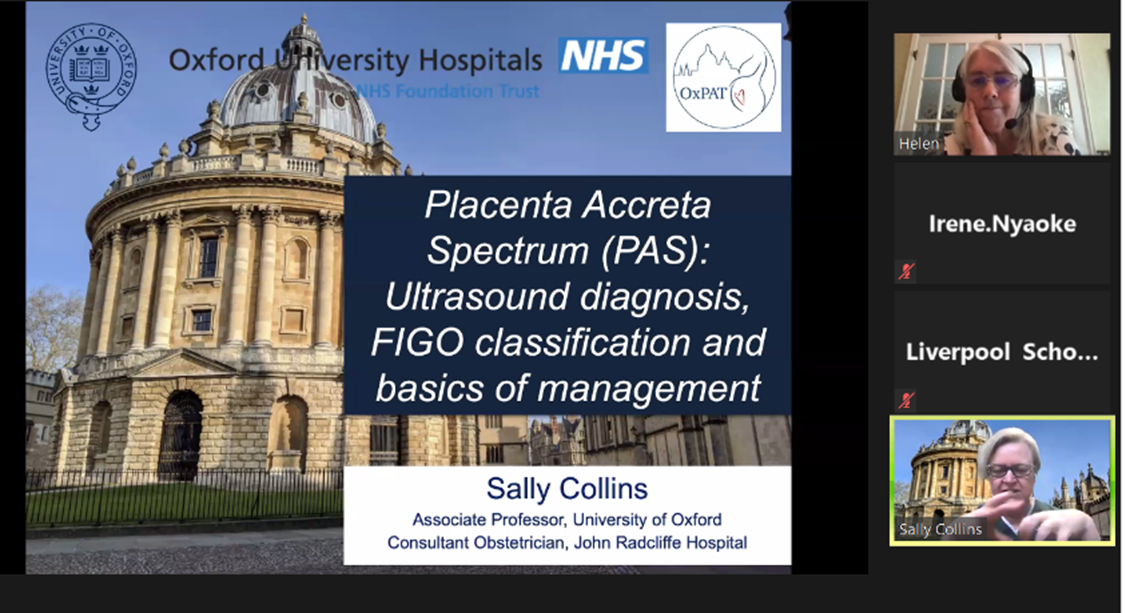
The rise in the rate of births by caesarean witnessed across the globe is inevitably accompanied by a rise in both short and long caesarean associated complications. One such complication is an increase in the incidence of abnormalities of placentation (placenta accreta spectrum disorder) in future pregnancies, a problem that frequently leads to major obstetric haemorrhage that may result in maternal death.
Kenya has reported increasing caesarean section rates since 2014 (12.4% in 2014 and 16.1% in 2020)-Figure 1. The Kenya Confidential Enquiry into Maternal deaths (CEMD), has also reported increasing number of maternal deaths in women who had a caesarean birth compared to a vaginal birth.

An abnormally adherent or invasive placenta becomes more likely as the number of caesarean births a woman experiences rises, and this is frequently associate with a blood loss of 3000 mls or greater. In cases where placenta accreta spectrum was diagnosed antenatally,41.7% of women experienced a blood loss of 5000 mls or more, an amount almost equivalent to their total blood volume. In settings without ready access to adequate blood transfusion services, such a catastrophic blood loss would culminate in maternal death.
To reduce the risk of abnormal placentation there must be a strong focus on reversing the growing trend of non-medically indicated caesarean births, particularly in locations with limited access to comprehensive obstetric care where risks from haemorrhage are greatest.
To minimise death and morbidity from placenta accreta spectrum, training for multidisciplinary teams of health workers caring for women with multiple repeat caesarean sections is urgently needed.
Building on our Advanced Obstetric Surgical and Anaesthetic skills training, developed as one of the recommendations from the first Kenya CEMD report, LSTM’s Emergency Obstetric Care and Quality of Care Unit in collaboration with the Oxford Placenta Accreta Team and the Kenya Obstetrical and Gynaecological Society ran a webinar focused on the diagnosis and management of Placenta Accreta Spectrum Disorder. The webinar was co-chaired by Dr Helen Allott and Dr Charles Ameh and the speakers were Professor Sally Collins and Mr Hooman Suleymani. 296 health workers registered for the interactive webinar. You can view it below:
Placenta Accreta Spectrum Disorders Webinar.mp4 from footprints in the dust on Vimeo.